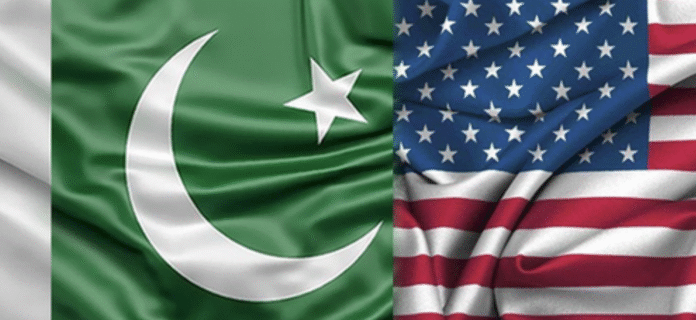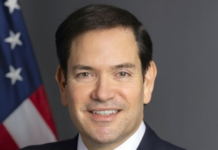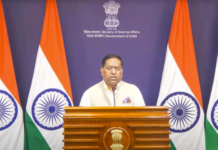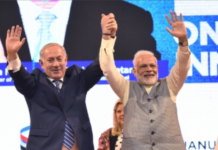NEW DELHI– U.S. President Donald Trump’s announcement of a new agreement for joint development of Pakistan’s oil reserves — hailed by him as a “significant beginning” to a long-term energy partnership — could ultimately leave Washington with little oil, minimal loyalty, and considerable geopolitical trouble, according to an analysis published by Directus, an Athens-based online platform.
The announcement, made via Trump’s Truth Social account, was followed by a broader trade pact and a reduction in tariffs on Pakistani imports from 29% to 19%. While the move appears aimed at deepening economic ties and countering China’s growing influence in South Asia, the Directus article warns it reflects a troubling strategic miscalculation.
Pakistan’s proven crude oil reserves are estimated at only 234–353 million barrels, ranking around 50th globally. The country remains heavily dependent on oil imports — including from the United States. Even if new extraction projects succeed, especially in resource-rich but volatile Balochistan, the analysis warns of destabilizing consequences. The province has long been a hotspot for ethnic unrest and resentment toward perceived exploitation by foreign powers. China’s heavy involvement in Balochistan through the China-Pakistan Economic Corridor (CPEC) has already fueled tensions; U.S. participation could deepen local opposition and drag Washington into domestic conflict.
While Balochistan could provide Washington a strategic vantage point to monitor Iran, such leverage risks inflaming anti-Western sentiment in an already volatile region.
The article also links Trump’s Pakistan push to strained U.S.-India ties, noting that Washington appears unsettled by New Delhi’s firm stance in trade talks and its continued large-scale purchases of Russian oil. Pakistan Army Chief Asim Munir’s recent visit to Washington, it argues, reflects a reactive pivot toward Islamabad — a short-term bid to pressure India by reviving the old India-versus-Pakistan playbook.
The analysis warns that this approach is dangerously shortsighted. India is not only a counterweight to China but also a vital long-term U.S. partner, with deep cooperation in technology, clean energy, higher education, and defense. American and Indian private sectors are closely linked, and defense agreements are at record levels. Risking that partnership for tactical gains in Pakistan, the article argues, sacrifices strategic depth for political theatrics.
It also underscores Pakistan’s track record as an unreliable ally. Islamabad has long pursued a dual-track foreign policy, extracting benefits from both Washington and Beijing without committing to either. From its role as a U.S. ally during the Soviet-Afghan War, to serving as a Belt and Road Initiative flagship partner for China, to cooperating in counter-terrorism efforts while granting China maritime access to Gwadar Port, Pakistan has consistently engaged in strategic hedging.
The Trump-led oil initiative, the article concludes, may be pitched as bold energy diplomacy but risks becoming another chapter in America’s history of missteps in South Asia — marked by shaky economics, high geopolitical risk, and uncertain strategic payoff. (Source: IANS)














